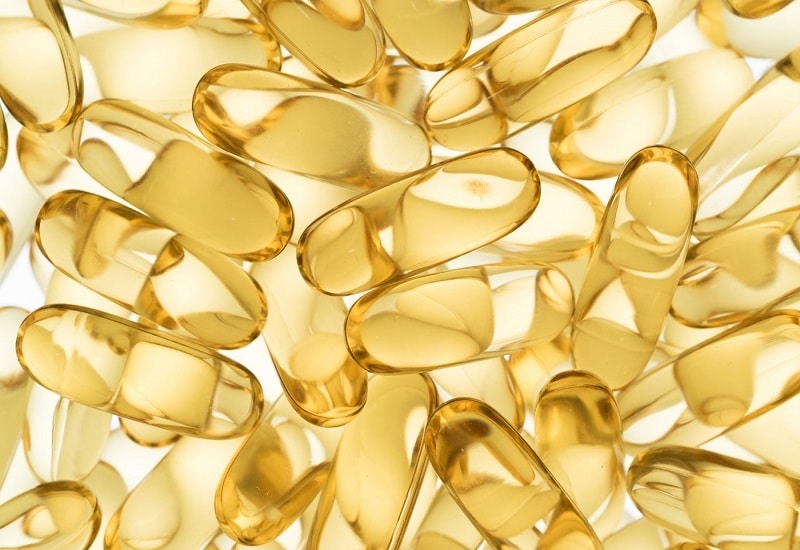If you‘re taking vitamin and mineral supplements in hopes of boosting your health, you may have wondered, “Is there a best time of day to take vitamins?”
The answer depends a bit on the type of vitamin or mineral you’re taking — and also whether you take any prescription medications (be sure to talk with your doctor before starting a vitamin or supplement):
You can take multivitamins and individual water-soluble vitamins like the B group at any time, with or without food, so taking them first thing in the morning is fine and can help you get in the habit of taking them regularly.
Take individual fat-soluble vitamins like A and E with food, such as at dinner, to help your body absorb the vitamin and to avoid the queasiness those vitamins can cause when taken on an empty stomach.
If you take statin drugs, thyroid medication, or antibiotics, ask your doctor or pharmacist if you need to take your supplements a few hours after your medications to avoid any interactions.
If you’re taking both a multivitamin and individual supplements, like calcium, space them apart by a few hours so your body can fully absorb them.
Talk to your doctor to see if you really need to take vitamin or mineral supplements. There’s no scientific evidence to prove these products extend the lives of the adults who take them; in fact, taking too much of certain fat-soluble vitamins can make you very sick. Most adults don’t need to take supplements unless they’re deficient in a particular nutrient, like calcium. In those cases, you should first try to get more of the nutrient from food sources. But if that’s difficult, such as in the case of vitamin D, then taking a supplement may be appropriate.
If you and your doctor agree that you would benefit from supplements, knowing what time of day to take your vitamin and mineral supplements can help you maximize their effectiveness — and avoid dangerous interactions with any prescription medications you take.


